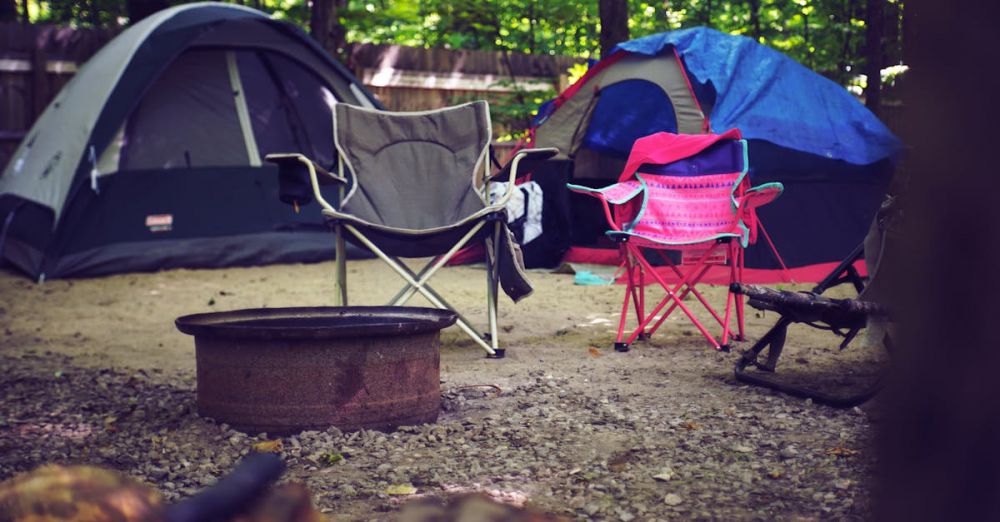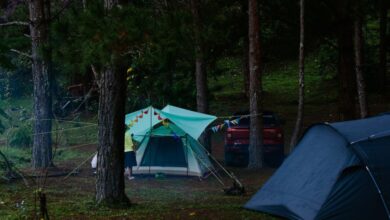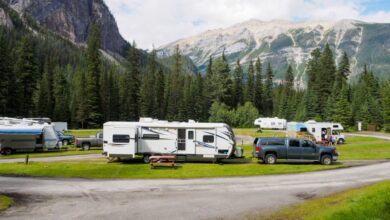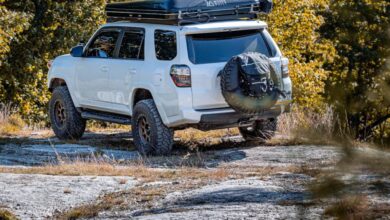How Do You Choose the Right Campsite
Choosing the right campsite can make or break your outdoor experience. With an array of options available, from remote wilderness spots to well-equipped RV parks, understanding what you truly want from your camping adventure is essential. Whether you’re a seasoned camper or a novice, making an informed choice will enhance your enjoyment and safety on your trip. Here’s a guide to help you navigate the selection process.
Location and Accessibility
When selecting a campsite, one of the first factors to consider is its location. If your idea of camping includes hiking trails and breathtaking vistas, a campsite nestled in the mountains or near a lake may be ideal. However, if you prefer a more family-friendly experience, look for sites close to amenities like restrooms, showers, and even grocery stores.
Accessibility is equally important. Some campsites are only reachable via rugged paths or backcountry roads, which can be challenging for families with young children or individuals with mobility issues. Assess the distance from your home and how easy it is to get there. A campsite that requires extensive travel may lead to fatigue before your adventure even begins.
Amenities and Facilities
Next, consider the amenities and facilities offered at the campsite. Different sites provide varying levels of comfort, from primitive setups with no facilities to luxurious glamping experiences. If you enjoy cooking outdoors, a site with picnic tables, fire pits, and grills can enhance your stay. For those who prefer to travel light, look for campsites with communal kitchens or dining areas.
Restrooms and showers are also crucial aspects. While some campers are perfectly fine with a basic pit toilet, others may want modern conveniences. Check whether the campsite offers running water, electricity, and waste disposal services, which can significantly impact your comfort level during your stay.
Surrounding Activities
Your campsite should serve as a base for the activities you want to enjoy. Whether you’re interested in hiking, fishing, kayaking, or simply relaxing by the campfire, the surrounding environment plays a vital role in your overall experience. Research nearby trails, lakes, and parks to ensure you have access to the activities that excite you the most.
If you’re camping with children or a group, consider sites that offer family-friendly attractions, such as guided tours, educational programs, or organized recreational activities. These can keep everyone entertained and engaged, making your camping trip more enjoyable for all.
Safety and Regulations
Safety should never be overlooked when choosing a campsite. Investigate the local wildlife and environmental conditions. Some areas may have bears, snakes, or other wildlife that require special precautions. Familiarize yourself with the campsite’s rules and regulations regarding fire safety, waste disposal, and wildlife encounters.
Also, consider the weather conditions typical for the area during your planned visit. Some campsites may be prone to flooding, while others might be at risk for wildfires or extreme temperatures. By understanding these factors, you can better prepare for your trip and avoid potentially dangerous situations.
Budget Considerations
Budget is a significant factor in your campsite selection. Campsites can range from free to several hundred dollars per night, depending on the location and available amenities. Free or low-cost campsites often have minimal facilities, while established campgrounds with full amenities typically charge more.
Take a moment to evaluate what you are willing to spend and factor in additional costs such as reservation fees, parking charges, and equipment rental. Remember, the most expensive campsite isn’t always the best choice; it’s about finding the right balance between cost and your desired experience.
Making the Right Choice
Ultimately, choosing the right campsite involves a combination of personal preference, practicality, and a bit of research. By considering location, amenities, surrounding activities, safety, and budget, you can ensure a rewarding camping experience. Engage with fellow campers, read reviews, and don’t hesitate to ask for recommendations. With careful planning, your camping trip can become a cherished memory filled with adventure, relaxation, and connection to nature. Happy camping!







